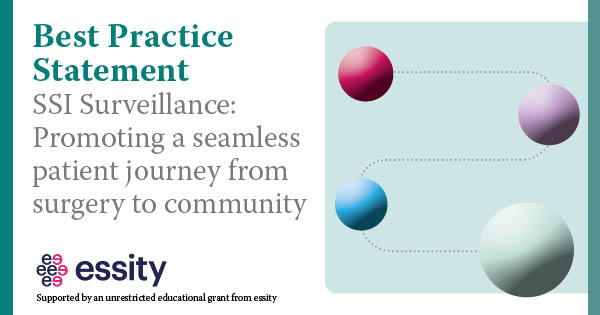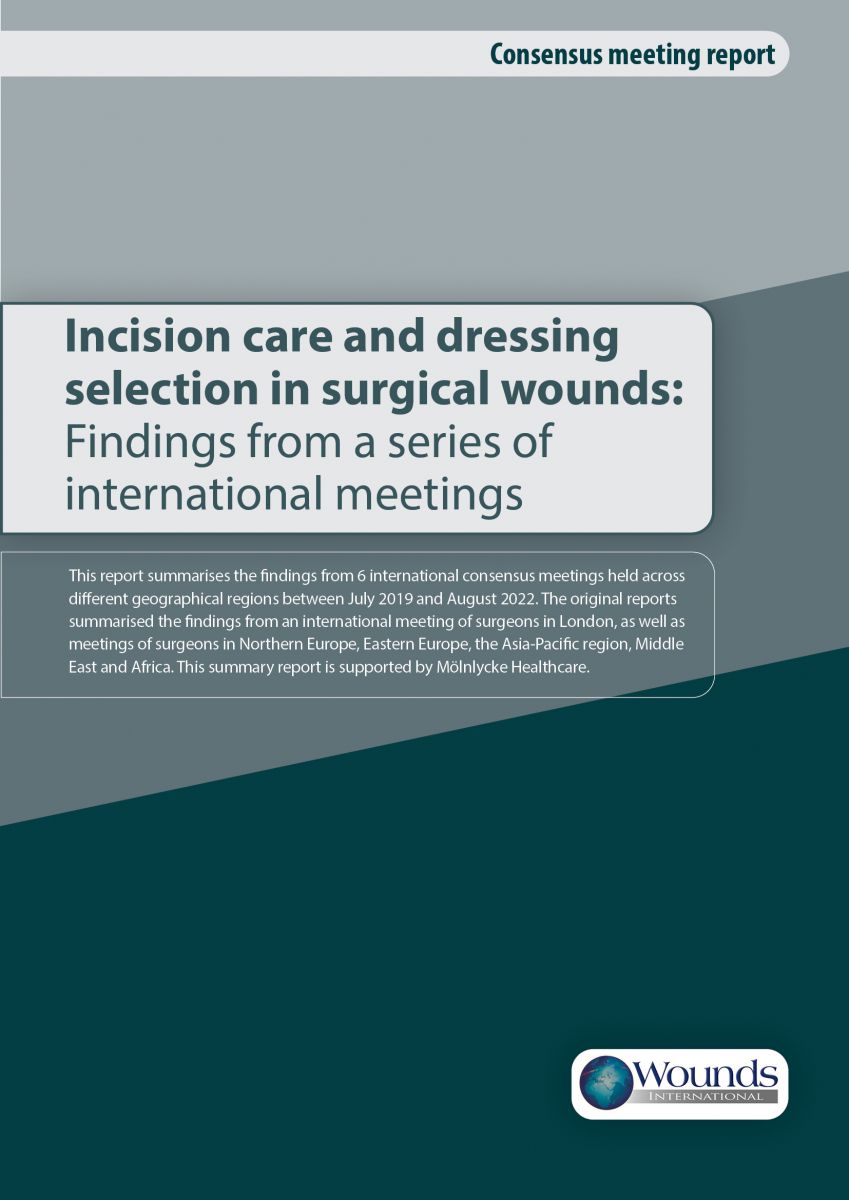<p>Background: The LSN and CRICP are working with the Lymphoedema Framework Project to develop a rational system for the delivery of lymphoedema care.</p>n<p>Aims: To obtain an overview of patients’ experiences and views throughout the UK. Methods: A questionnaire was sent to all members of the LSN.</p>n<p>Results: A total of 1,449 responses were given, this being nearly 60% of the membership. Three-fifths of patients with a history of cancer said they had not been warned that they might develop lymphoedema. Half the respondents were dissatisfied with the help they had at first consultation about their swelling. Patients with cancer were more likely to have ongoing monitoring of their lymphoedema (79% vs 57% of non-cancer patients). Nearly 90% of all respondents had used compression garments. Manual lymphatic drainage (MLD) was used by 47% of cancer patients and 36% of non-cancer patients, and multi-layer bandaging had been used by one-third of respondents. Half the respondents had had at least one episode of cellulitis. Swelling adversely affected the daily lives of three-quarters of the respondents, including social activities, restrictions on clothing and footwear, social and psychological effects on confidence and body image, and the pain and discomfort they experienced.</p>n<p>Conclusion: This study has highlighted the deficits in the care of patients with lymphoedema.</p>






